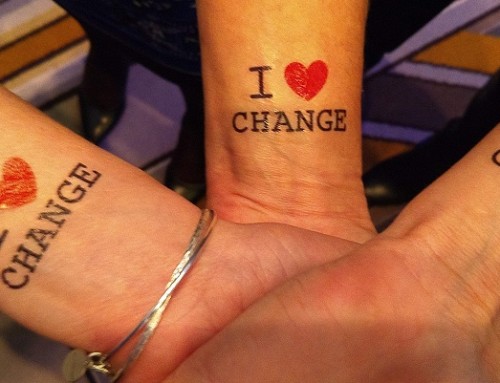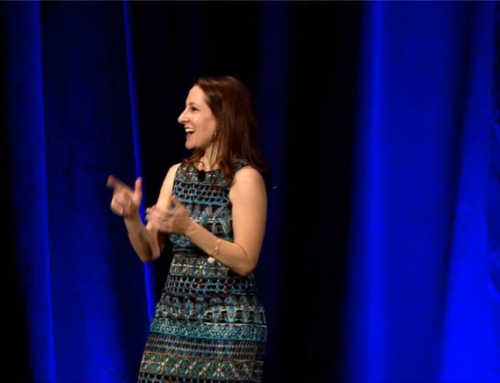
We are out to lunch.
Suddenly, you notice it. I have a green piece of food stuck in my teeth. It’s so obvious. It’s big.
Do you say something?
Maybe you do. You don’t hesitate. You call it out right away.
Or maybe you don’t. You notice it, but you do not say anything. And then you think about it during our conversation. It is staring at you! It distracts you. You fixate on it. But you say nothing.
Later, you regret not saying anything. And now you don’t feel like you can. Lunch is over. I went out into the world, maybe to an important meeting, with a huge piece of some kind of leaf lodged right in my two front teeth. And you just let me go.
Have you ever hesitated to tell someone they have food in their teeth? Have you ever not said anything?
Why not?
There are some people who would just call out the food…no matter who it is or the situation. Maybe that’s you.
There are others who would be afraid to say anything to almost anyone.
And then there’s the rest of us. The rest of us may make a decision based on our perception of the other person and a prediction about their reaction:
- Will this embarrass them?
- Will they react well?
But is it really about their reaction? Or is it really about how you will feel about yourself during their reaction? Often, we don’t provide people the feedback they need because we want to protect ourselves.
I have personally seen this happen. Even in very obvious situations.
A partner at a local accounting firm was not asked to present to local groups. He was an expert on many topics, but he was not a strong public speaker. And for years, nobody told him…not one person.
For years, the local community missed opportunities to hear from this partner about topics he was really passionate and knowledgeable about. Because he never received the feedback he needed, he did not even get a chance to improve his presentation skills.
A young lawyer at a large firm was not being asked to help other teams. People said she picked her nose.
A talented lawyer received fewer opportunities to deliver value to the firm’s clients and to fulfill her potential as a professional. With the right feedback, she could have corrected her behavior, and maybe thrived. But nobody told her the reason people did not work with her at the firm…not one person.
We all need people who will give us honest feedback.” – Bill Gates
These issues seem so obvious, yet the people in these situations did not have the courage to say something. These situations called for leadership…a leader who would prioritize the other person’s needs and future above their own (potential) embarrassment.
Are you prepared to be that leader? Will you tell me if I have food stuck in my teeth?
All the best,
![]()






